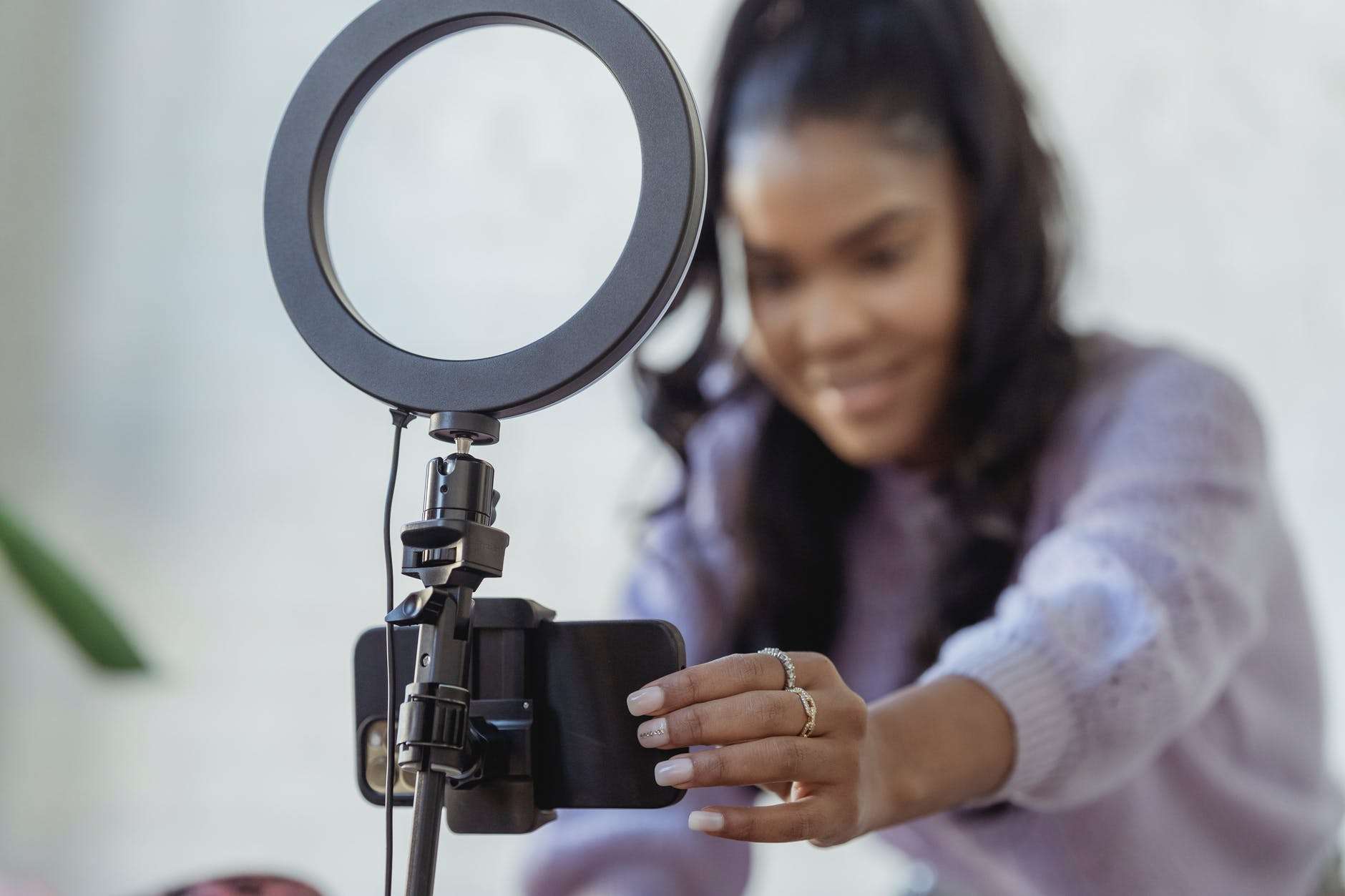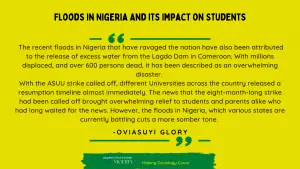The mass media has always played significant roles across the globe as the general public typically relies on it to provide information regarding political issues, social issues, entertainment, etc. And here we will look at the media and 2023 elections in Nigeria. In advanced democracies, the media is freer and more independent when it comes to journalistic content. The media are generally defined as those channels of communication that are capable of reaching heterogeneous audiences simultaneously with uniform messages (Oyesomi, Oyero, and Okorie, 2014).
Different Forms of the Media
The diversified communication technologies are divided into traditional media and new/digital media. The three forms of traditional media are print, broadcast, and cinema. While the Internet and mobile mass communication are referred to as the new or digital media. The notion of the media as the fourth branch of government, as watchdogs, as guardians of the public interest. And as a conduit between the governors and the governed is widely claimed. It is believed that an informed citizenry is beneficial to democracy.
Citizens who are informed and knowledgeable about politics tend to make decisions that reflect their real interests. Citizens only need to watch the news, listen to the radio, read the newspaper or browse the internet to receive a wide range of information. Which can help to promote and improve government performance and accountability as well as reduce corruption. (Natamba, Muyomba-Tamale, Ssemakula, Nimpammya, and Asiimirwe 2010).
The media in Nigeria are sources of political information, an avenue for political participation and discussion. This has been the case right from the colonial era. Obasanjo (1992) described it as an agency that operates for the articulation and dissemination of ideas and information. Generally with the intent to influence an audience or the institution that constitutes legalized power and authority. Perhaps we need more youth participation in media houses in the country.
Gratification theory and the media
Establishing the fact of what media is and how it has influenced our democratic processes over time, I will briefly draw a view from the Gratification theory.
The theory explains the relationship between an audience and how this audience uses the media. It provides a cutting-edge theoretical approach in the initial stages of each new mass communication medium. The theory assumes that the audience is active and its media use is goal-oriented. The media users are active rather than passive in seeking out media that meet their needs (Diddi and LaRose, 2006). People are rational and actively self-aware creatures that influence the effects that the media have on them. And also unconsciously attempt to make sense of the media content in their own context.
The theory also postulates that users have alternate choices to satisfy their needs. And their use or choice of a certain form of media or a specific program (e.g. newspaper column, radio show, television channel) is in order to satisfy their needs, wants, or motives. As a result, media users seek out a media source that best fulfills the needs of the users. Gives them gratifications which are the expected outcomes, satisfaction, or rewards of using a particular media form or program (Peirce, 2007)
Benefits of the Media
Mass media is one aspect of human activities that we all can not deny its benefits and influence. Media has a power that stems from its control over what goes out to the public domain and we can’t overemphasize its influence on the 21st-century generation. Such as how it has shaped, controlled, and changed how we think and behave in our societies.
The media has enabled easy access to the dispensation of information, communication, and awareness of social events that have continued to shape our ways of living. There is hardly a sector in today’s world or social structure that can effectively perform its functions without the assistance of media in one way or another.
The fact to note here is that mass media has become a very important aspect of our daily lives, which has left no stone unturned. It has reached a certain level where everyone is anxious to know what the media has got for us every passing. Due to these importances, it has shown how advantageous it can be on one hand, and on the other hand, it can be dangerous and unpleasant especially when it becomes a tool in the hands of unpatriotic individuals.
Role of the Media in Keeping Citizens Informed
According to a report by the Cairo Institute for Human Rights Studies; ‘The media plays a major role in keeping the citizenry abreast of current events and raising awareness of various issues in any society. It also has an extremely significant impact on the public’s views and way of thinking. The media is the primary means through which public opinion is shaped and at times, manipulated. If this is the media’s role, then in the normal course of events, it becomes even more vital in exceptional periods, one of which is electoral proceedings, when the media becomes a primary player.
Elections constitute a basic challenge to the media, putting its impartiality and objectivity to the test. The task of the media, especially national media outlets, is not and should not be to function as a mouthpiece for any government body or a particular candidate. Its basic role is to enlighten and educate the public and act as a neutral, objective platform for the free debate of all points of view.’ (Cairo, Egypt: Cairo Institute for Human Rights Studies, 2011).
Also, in the view on the media and elections, a report on media in the context of elections and political violence in East Africa states: ‘The media serve as a forum for competing political actors to vie for power and to offer alternatives to the national project. This is both a strength and weakness.’
It is a strength because it means that the media, and the press, in particular, can be a valuable space for reconciliation and dialogue between competing political perspectives. When perspectives are engaged effectively, this can help to reduce polarization, and further define and consolidate the state‐and-nation‐building agenda.
But the media’s ability to serve as a forum is a weakness for fragile states that may not have the institutions to manage this kind of discussion.

Roles of the Media
From the above views, let’s evaluate a few of the roles in any democracies around the world, the Media is able to fulfill some of its roles;
by educating voters on how to exercise their democratic rights;
by reporting on the development of an election campaign;
by providing a platform for the political parties and candidates to communicate their message to the electorates;
by providing a platform for the public to communicate their concerns, opinions, and needs, to the parties/candidates, the EMB, the government, and other voters, and to interact on these issues;
by allowing the parties and candidates to debate with each other;
by reporting results and monitoring vote counting;
by scrutinizing the electoral process itself, including electoral management, in order to evaluate the fairness of the process, its efficiency, and its probity;
by providing information that, as far as possible, avoids inflammatory language, helping to prevent election-related violence.
From the above views and opinions presented, do you think the Nigerian media has been effective in the consolidation of our democracy since the beginning of the Fourth Republic? Honestly, our media at the beginning was military in nature, the media must be in their favor or it won’t be allowed to perform its functions.
In my opinion, the Nigerian media keeps on gaining momentum over time. We remember how journalism was pictured as a profession of try-and-die. Even after the Military regime, one can not overlook the manner in which it has been used by government, personalities, and unpatriotic individuals to their benefit over time. Or how some of the media houses were used as a mouthpiece of either a particular candidate or the government to spread propaganda and cause public outrage during Elections.
This, for them, is achievable due to the fact that Nigeria is a heterogeneous nation with ethnic and religious issues that have continued to bedevil her existence and it is on this backdrop that unpatriotic individuals tend to propagate disunity through the media.
Most media platforms have failed to be objective in their reportage, not because they’re being threatened, but because they have chosen to take sides in elections or social issues, the media is supposed to act as a mediator in any society. It is meant to be the voice of the people, to be an evaluating body and a watchdog for the benefit of the general masses.
Media, around the world, is meant to consolidate any democratic dispensation, to strengthen freedom of speech and the right to information but it’s quite enigmatic how the Nigerian media has become completely the opposite.
The media during different levels of elections would often report news that is not even close to the true situations. This is perpetuated by media houses owned by the government, which have continued to be one-sided in all successful governments, and also, those media houses owned by individuals have not proven to be effective in serving the ordinary masses. We can’t also shy away from the hostile treatment of journalists during Elections where most of them were either beaten up or deprived completely of coverage of electoral processes and developments.
In the same breath, the media has also involved itself in shady businesses, most especially in the area of wanting to be the first to come up with a piece of information or a story. This has made them so vulnerable and easily threatened.
In conclusion, we have come a long way. We cannot afford to proceed or move forward with these precarious situations. The Media deserves its independence and freedom in accessing and distributing information to the general public. With the advent of the new media (social media and other related technologies), the issue of vote-buying, and deprivation of journalists from coverage would drastically decrease.
The call for nation-building is a call for honesty, integrity, and transparency. The role of the media in a democracy has been so intertwined that you can not speak of democracy without the media. We can see how it is been done all around the globe especially in developed countries practicing democracy. We must learn to embrace and emulate the culture of a free press and effective journalism. Our Elections over time have not been well reported or covered, our people are not well enlightened on the true happenings.
On this note, I call on Nigerians not to rely completely on the media’s reports. We also have a role to play; we can investigate and be abreast with any issue or situation during the election or after. The next election has a lot to decide on the future of Nigeria and Nigerians, so, therefore, we need to stand up to the task and all our hands need to be on deck.
We must not spread fake or doctored news and updates that cannot be verified; the nation we want is in our hands to build. We shouldn’t let ethnicity and Religion delude us into making our choice, the right choice. Collectively, media houses and media owners should join in this struggle for democratic development,
Nigeria belongs to all of us. We have no other country to call our homeland; we must protect our unity at all costs and the media must champion this movement so we can all create the Nigeria we need and the Nigeria of our dreams, for even the generation unborn, together.





